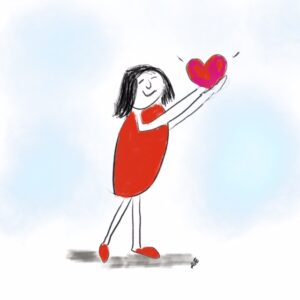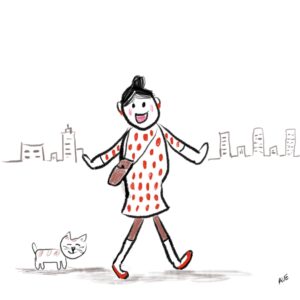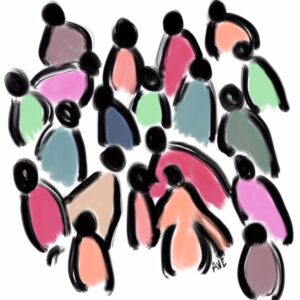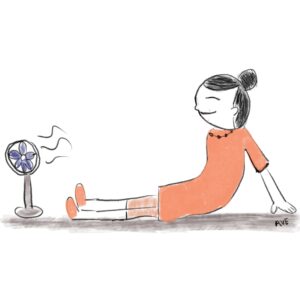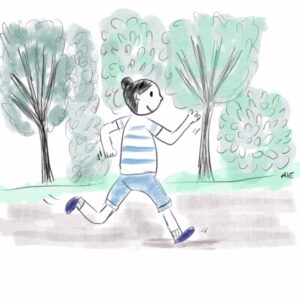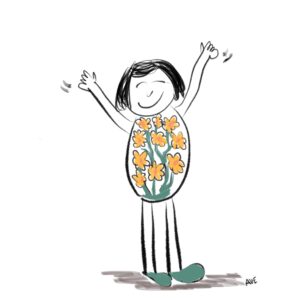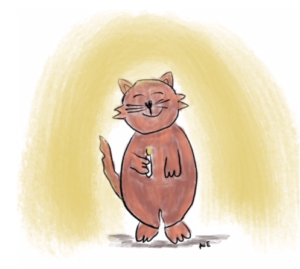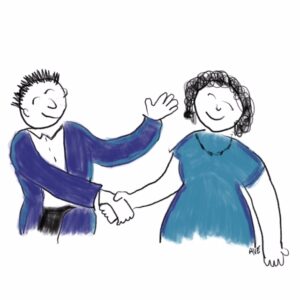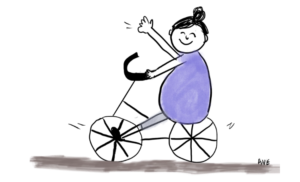
Are you a seasoned leader stepping into a new role or organization? It’s a thrilling yet daunting experience, filled with both excitement and challenges. Over my years of coaching leaders in similar transitions, I’ve observed a familiar pattern unfold.
Upon joining a new organization, you’re often welcomed with enthusiasm and assured that your skills and expertise are precisely what the company needs. As you settle in, you quickly identify areas where improvements can be made—low-hanging fruit that could enhance efficiency and effectiveness. You’re brimming with ideas and eager to demonstrate your value.
Initially, your colleagues seem receptive to your insights. They acknowledge the potential for positive change. However, it doesn’t take long before you encounter resistance. Your suggestions, once met with curiosity, now face skepticism. People are wary of your proposed solutions, dismissing them as impractical or incompatible with the organization’s culture.
Despite your best efforts to garner support, you find yourself hitting roadblocks. Persistent frustration or complaints may even lead to suggestions of coaching or concerns about your fit within the team. Doubts creep in, and you question whether you made the right decision in joining this group.
So, what’s the way forward?
I advocate for a patient and empathetic approach during the initial months. Instead of rushing to prove yourself, take the time to understand the organization and its dynamics truly. Appreciate that existing processes and systems evolved for valid reasons, even if they seem inefficient to you. Prioritize building relationships and fostering an open-minded attitude. Refrain from sharing too often how things were done at your previous employer.
Consider enlisting the support of a coach early on in your journey. A seasoned executive coach can provide valuable insights and facilitate constructive conversations with colleagues. Additionally, seek out mentors within the company who can offer guidance and perspective based on their own experiences.
If you’re already facing resistance, a coach can help navigate the challenges by interviewing colleagues to identify underlying dynamics and potential areas for resolution. This collaborative approach has proven successful for both my clients and me.
As you embark on this new chapter, I extend my best wishes for a fruitful journey.
Reflecting on your experiences, what advice would you offer to professionals entering new roles or organizations? Share your insights and suggestions—it may guide someone through their transition.


